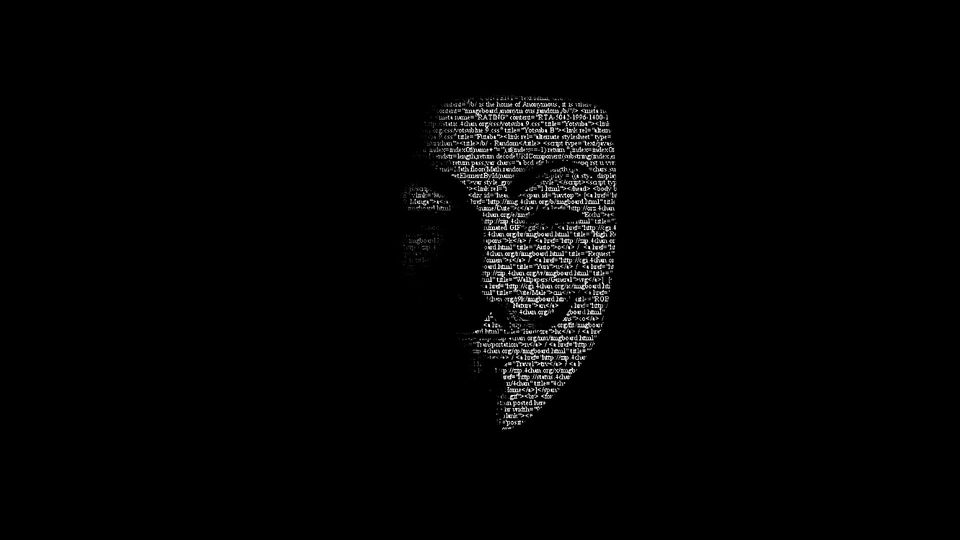The age of deception

I welcome new technology. At the same time, I think it’s worth noting that new technologies will bring with them new problems. Among the most serious is technology’s role in enabling disinformation.
A recent article from the New York Times goes into great detail about firms that work for government clients, conducting social media campaigns with fake accounts at scale to serve various political agendas. We’re fast approaching a society where it’s impossible to know what is true unless we are physical witnesses or speak to direct sources.
On a related note, even videos are now compromised with increasingly widespread deepfake technology, which uses artificial intelligence and software to “swap faces.” Some uses are benign - for example, check out this clip from the classic 1985 film, Back to the Future. It appears to be the original until we notice that the two main characters, Marty and Doc, are now played by Tom Holland and Robert Downey Jr. (This is funny because Tom Holland was born in 1996, eleven years after the movie was released.)
Or if you aren’t familiar with movies from the 1980’s, how about this clip of Tom Cruise as Iron Man?
Keep in mind that the above examples were created months ago, by amateurs using publicly available software. At the rate that this technology is progressing, soon we will be unable to tell real videos from fake ones. Applications will range from mostly harmless pranks on family members to underground pornography featuring A-list celebrities’ faces swapped in.
Perhaps the most sinister applications will be when the technology is weaponized, used by the aforementioned disinformation firms to manufacture videos that seek to discredit public figures or spread fake news. For example, imagine watching a video of Joe Biden making racist statements or of a major news anchor reporting that a military war has broken out between the U.S. and China. Both videos would almost certainly be fake, but millions of people may believe them, causing untold chaos.
Currently, many countries do not have laws against intentionally lying on social media or using people's likenesses without permission. This will likely need to change if we want to maintain some semblance of truth and public trust in media institutions. In the meantime, don't believe everything you read, and increasingly question what you see.




